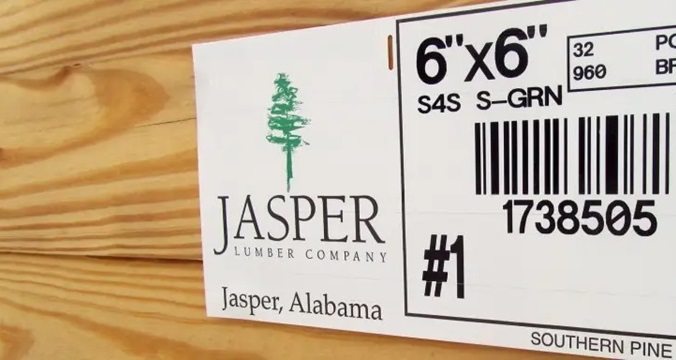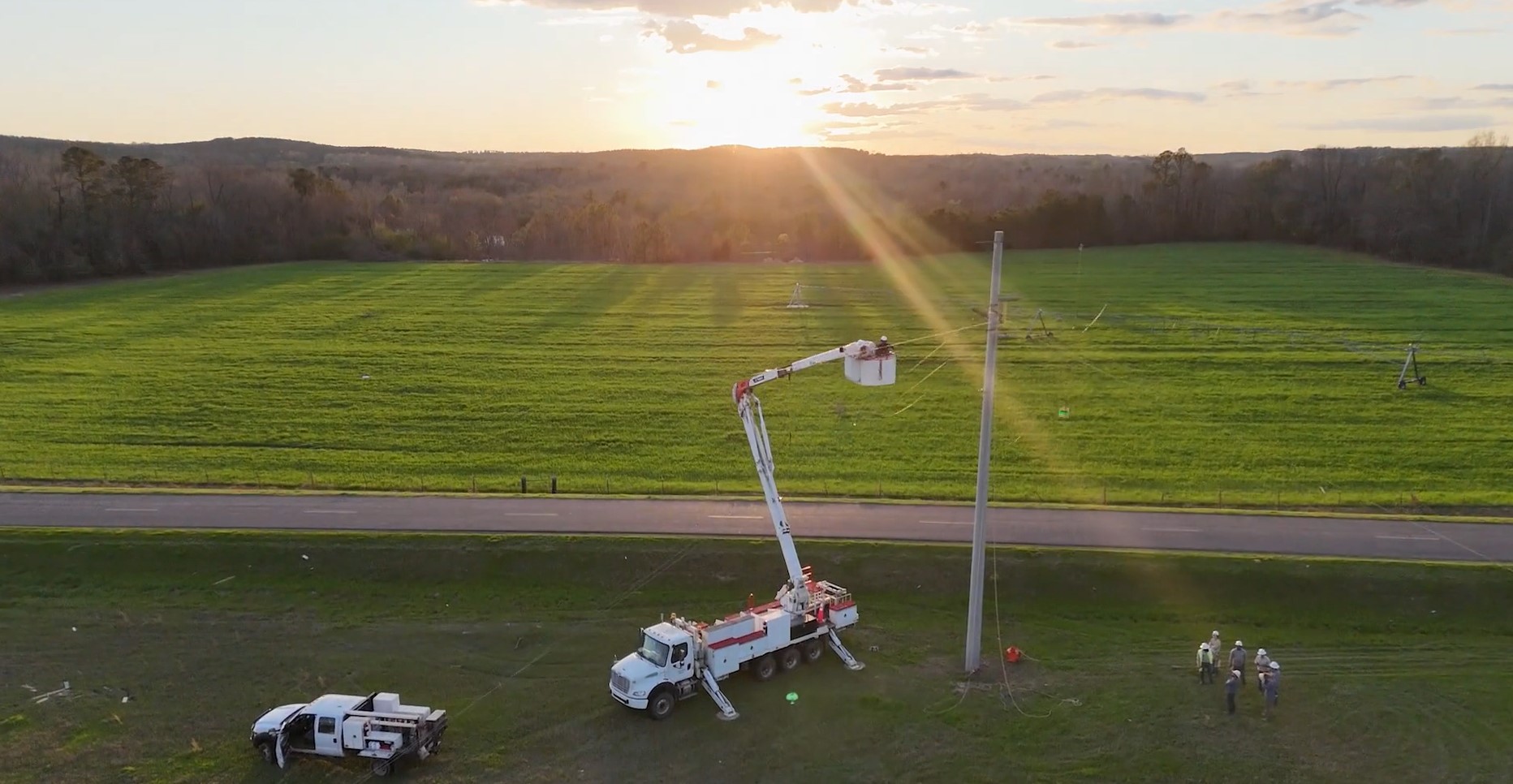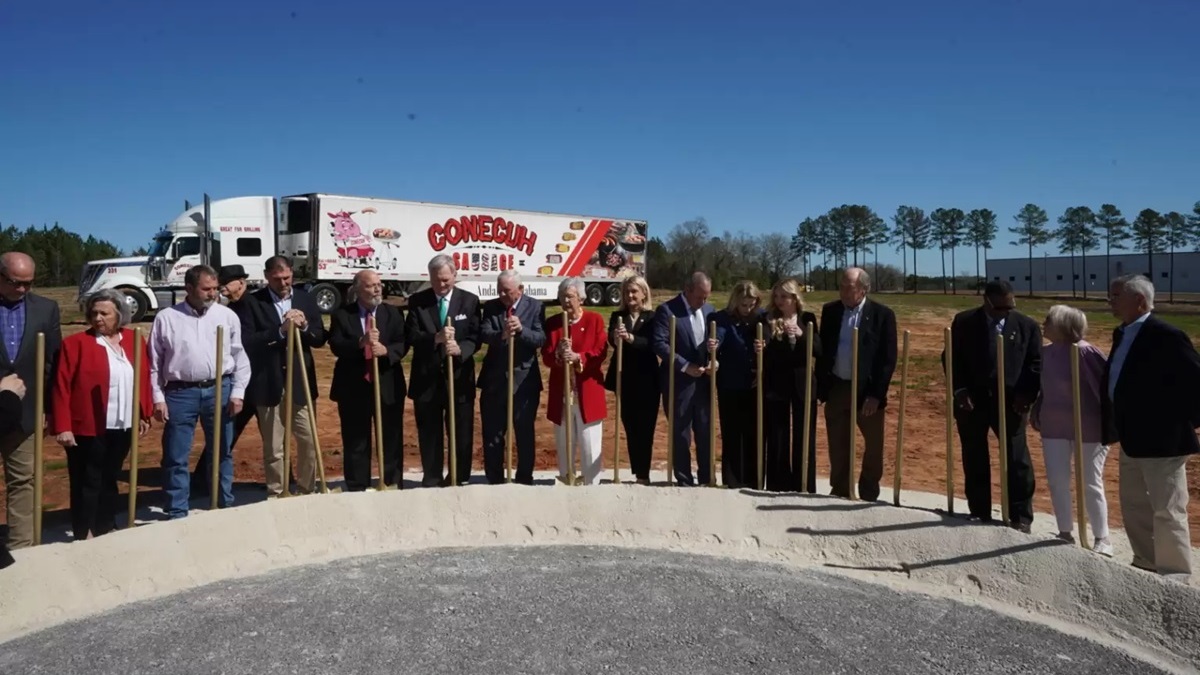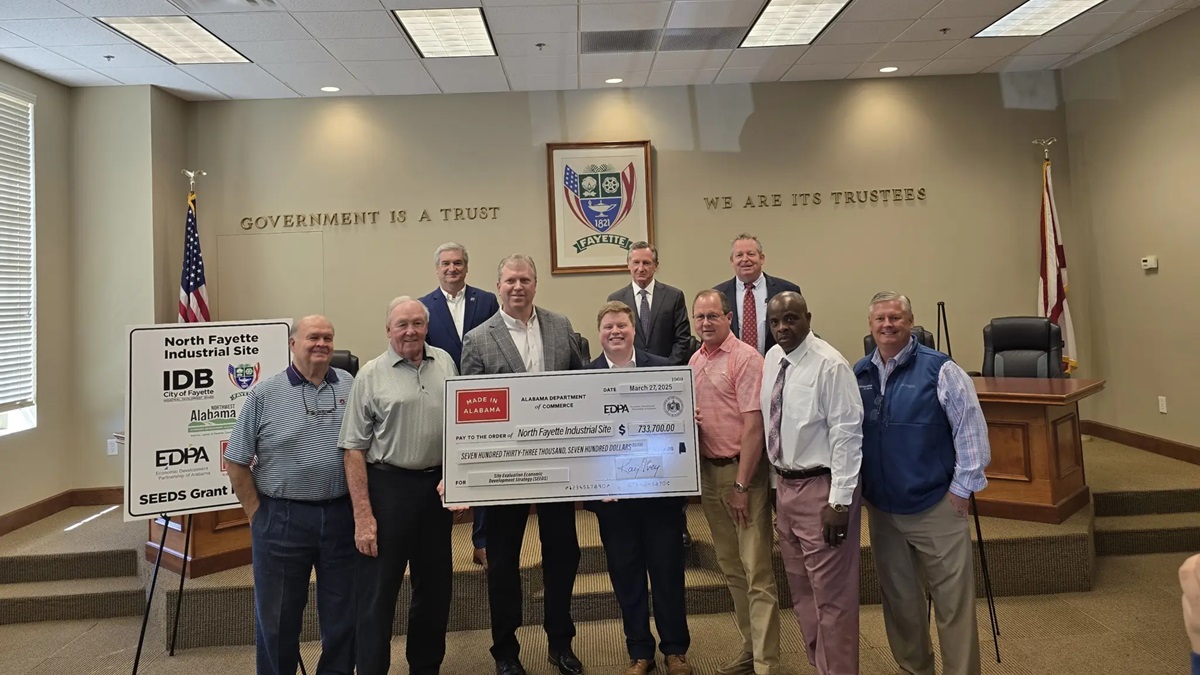Alabama workforce development chief: You can’t view workforce like inanimate object

Ed Castile, AIDT executive director and deputy secretary of the Alabama Department of Commerce, speaks to economic developers at the Economic Development Association of Alabama 2022 Summer Conference. (Michael Tomberlin / Alabama NewsCenter)
The head of Alabama’s workforce development efforts said getting workers to the right place with the right skills remains a numbers game but the workforce can’t be treated like just a number.
Ed Castile is the executive director of AIDT and deputy secretary of the Alabama Department of Commerce. In a recent address to the Economic Development Association of Alabama and subsequent interview with Alabama NewsCenter, Castile said the way the state is approaching workforce development in 2022 is more nuanced and holistic than ever before.
“If we’ve discovered anything during the pandemic, we discovered that this workforce has a lot of needs and you can’t just dismiss it,” Castile said. “You have to focus on those needs.”
Castile said people have been talking about “workforce development” for so long, they’ve starting thinking about it as an inanimate object or a commodity.
But what the “workforce” really consists of is real people with real needs and if you’re truly committed to “development,” those needs have to be considered.
Ed Castile talks about Alabama’s workforce development efforts from Alabama NewsCenter on Vimeo.
That means considering things beyond getting individuals to jobs with the necessary skills. It means ensuring they can succeed without being worried about child care, the working environment and other issues.
“The emotional side of it and the family security – it’s just the mental part of it, too,” Castile said. “It’s not just physical needs, it’s mental and emotional needs. That’s very important today in the workforce. We need to understand that and deal with it.”
Castile said by working with the state’s seven Regional Workforce Councils, Alabama is doing a better job of identifying the needs of workers. And working with employers, the state is helping prepare supervisors and floor leaders to better meet those needs.
While you can’t look at workers as numbers, Castile said it is still a challenge to provide the volume of workers that companies need in the state.
“The numbers are still a challenge. We’ve by no means solved it, but it’s better,” Castile said. “It’s the number one challenge.”
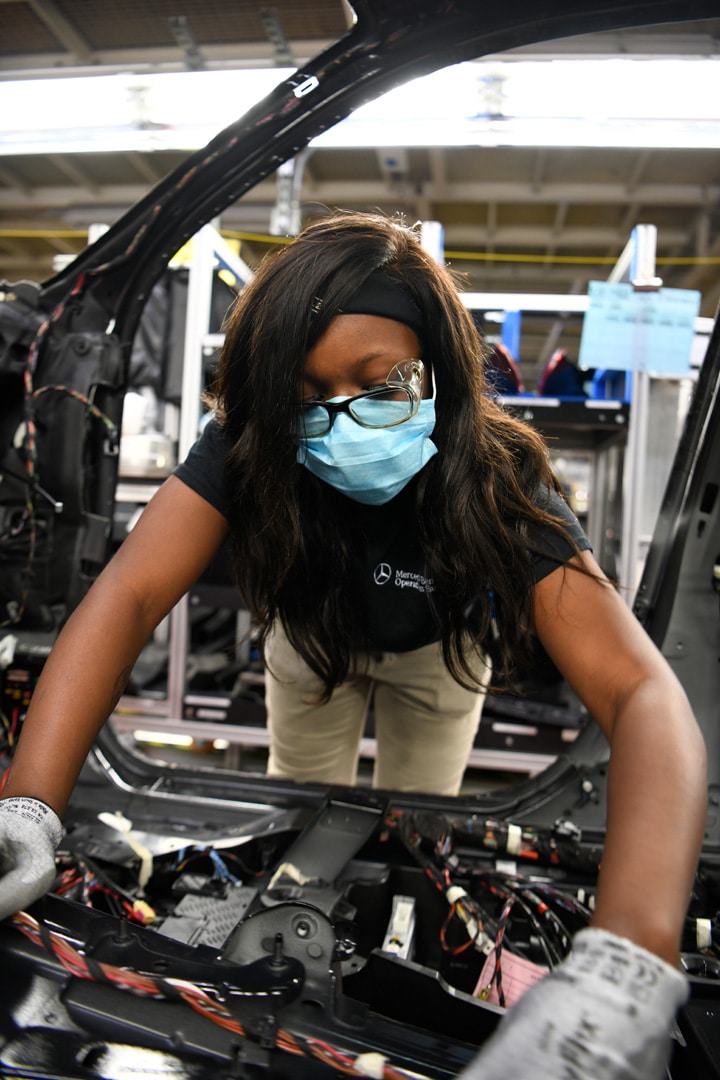
Mercedes-Benz U.S. International in Tuscaloosa launched the Alabama Modern Manufacturing Program. (MBUSI)
To put it in perspective, when Mercedes-Benz U.S. International opened its auto plant in Tuscaloosa County in 1994, Castile said the first call for applications for the initial 20 jobs brought in 63,000 applications. Today, some calls for applications may not bring in enough valid applications for the number of jobs needed to be filled.
“Thankfully, things are showing a little better in the numbers,” Castile said. “Maybe it’s inflation. Maybe some of the programs we’ve been trying to get launched are launched now and beginning to show some progress. Maybe all of those things combined are showing us some positive trends. Right now, anything positive is what we’re looking for and it looks pretty good.”
One of those programs is the Modern Manufacturing Program, which launched at Mercedes in August 2021 and is being rolled out to other automakers this year. It works with school systems to identify and train those interested in entry-level jobs at advanced manufacturing plants in the state.
“All of them will be started this fall, and so it will probably be 12 months, 18 months before we can see some good data,” Castile said.
Another group the state has made great strides in helping shepherd into the workforce is veterans. Castile said the Alabama Military Transition Program has established pipelines with Operation Next and the Department of Defense SkillBridge at Fort Benning. They are able to identify military members looking to separate from service after fulfilling their four-, six- and 12-year commitments and enter the workforce.
Castile said the Alabama Office of Apprenticeship is creating apprenticeship programs for companies, including those that traditionally have not offered them.
Much of the work being done to impart necessary skills to workers is due to a decade-long gap when Alabama schools didn’t emphasize technical training – like shop class that was once a mainstay in high schools.

Airbus is one of the Alabama companies to announce a need for hundreds of skilled workers with its latest expansion. (Airbus)
“It’s the hole we see,” Castile said. “They don’t have the skills. In our program, we didn’t do as much teaching as we did training. Now, we’re doing both – just as much teaching as we are some training skills – just bringing them up to speed. It’s just the world we’re in.”
Now, schools are emphasizing STEM (science, technology, engineering and math) that is helping better prepare students before they enter the workforce. Castile pointed to the work of the Alabama STEM Council, which is helping schools strengthen STEM education and proficiency.
“I think our state may be a little bit later to the game with STEM than some states, but we have a phenomenal council led by some really good people,” Castile said. “STEM is now basic education for anyone looking at advanced manufacturing careers.”
Workforce development has long been a strength in the state’s economic development efforts, and Castile said the new tools and holistic approach will ensure that remains the case.
“We have a really good workforce, which is why companies invest in our state,” he said.
